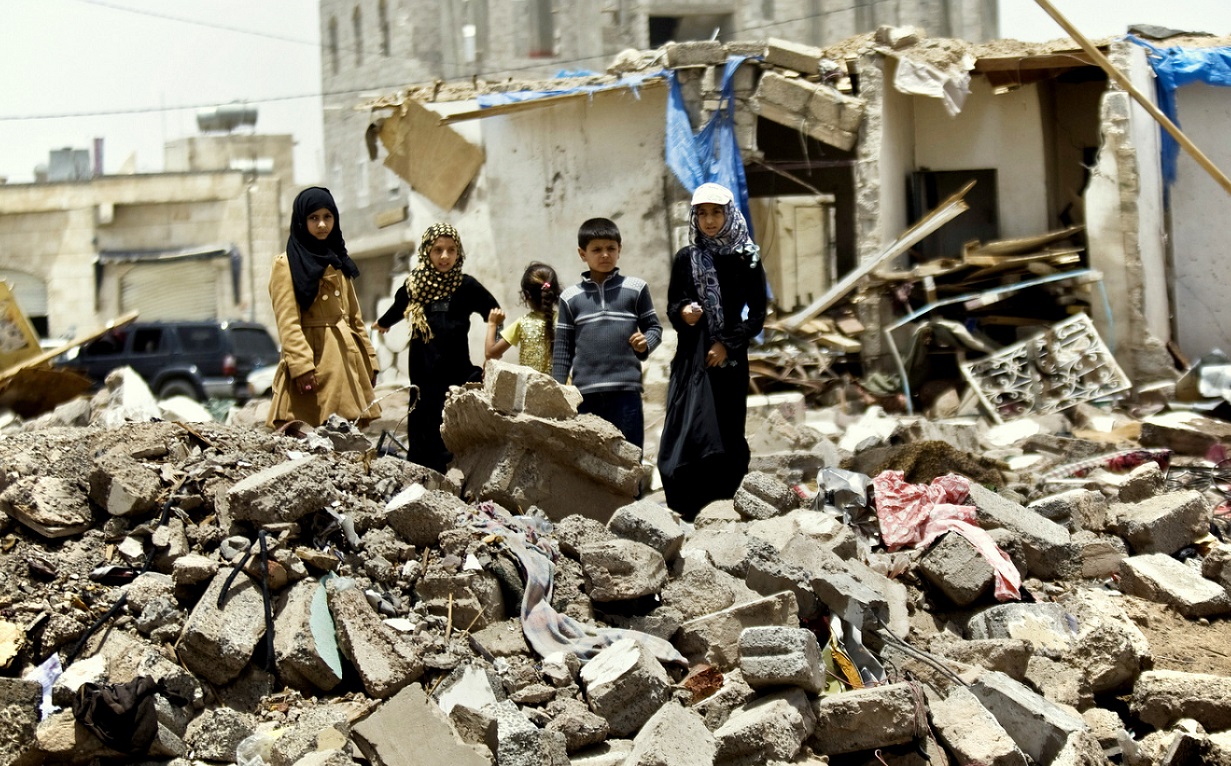Last week the United States (US) Senate failed to pass a bipartisan resolution (SJ Res 39) that would have condemned and suspended a $1.15 billion tank sale to the Kingdom of Saudi Arabia. The debate took place after incriminating reports revealed US weapons were involved in recent, and particularly heinous, attacks in Yemen. The failure of congressmen to block the arms sale in light of the reports, represents their complete disregard for moral as well as strategic consequences of a reckless intervention.
On 19 September, Amnesty International confirmed that a US-made bomb was used in the 15 August air strike on a Médecins Sans Frontières (MSF) hospital which killed 11 people and injured 19 others. The bombing of the hospital was the fourth attack in 10 months on an MSF facility in Yemen and prompted MSF to shut down its operations in northern Yemen. Also last Monday, the Washington Post reported Saudi-coalition use of US-supplied white phosphorus based on photographs and videos uploaded to social media. Though it remains unclear exactly how the Saudi-coalition is using the chemical, when used against soldiers or civilians, the gas maims and kills by burning to the bone. The footage and images indicate that coalition forces are using white phosphorus near the Saudi-Yemen border — in Najran province — and around the Yemeni capital, Sanaa.
Last Wednesday, US lawmakers casually brushed aside these chilling reports and instead cited strong Saudi ties as essential to fighting terrorism and as a counter to Iranian influence in the region. However, regarding the civil war in Yemen as a Saudi vs. Iranian proxy battle is a mistake, warned Project on Middle East Democracy fellow Nadwa Al-Dawsari . “This is not a regional or a sectarian conflict. It’s a Yemeni conflict. It’s internal, driven by local agendas and grievances and is in part a manifestation of power struggles among the traditional elite.”
Furthermore, for lawmakers who claim to prioritize countering sectarian extremism in the Gulf, continuing arm sales to Saudi Arabia only jeopardizes this goal. “Our researchers on the ground are seeing that these abuses that we’ve documented are actually making people who don’t really support or like the Houthis be more sympathetic to them,” explained Joe Sifton, acting deputy Washington director for Human Rights Watch said. “So if you’re trying to accomplish helping the Saudi-led coalition and you’re trying to harm Iran, giving unbridled assistance to the Saudi military seems to be actually accomplishing the exact opposite result.”
In his defense of US weapons sales to Saudi Arabia last Wednesday, Senator Lindsey Graham cluelessly referred to Saudi-coalition airstrike campaign as “imperfect.” To Yara, a ten-year-old girl from Sana’a, these airstrikes are a matter of life and death. “I don’t want it to be my turn to die, as a child,” Yara pleaded in a recent homemade video which urges countries to cease their military support for Saudi Arabia. It is the voices of Yemeni civilians, like Yara that demonstrate the consequences of American complicity and it is their voices which are being ignored by American leadership.
Leah Schulz is an Advocacy Fellow at ADHRB





